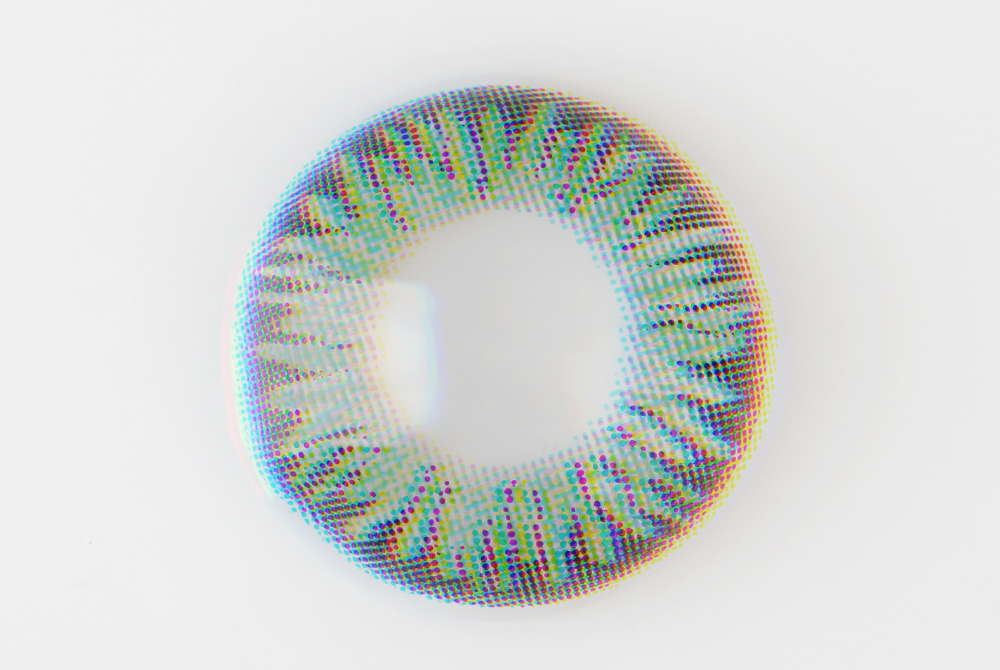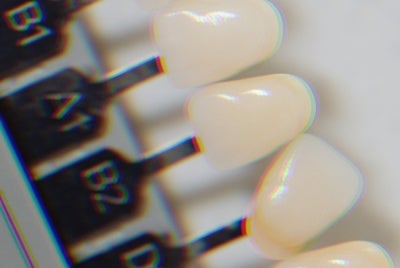Beauty or blindness? Ignoring contact lens rules can cost you sight
Many users risk their eye health by ignoring proper contact lens guidelines - potentially leading to blindness.

KUALA LUMPUR - Once seen as an alternative for those with nearsightedness who preferred not to wear glasses, coloured contact lenses - including non-prescription ones - have now become a popular fashion choice among women, especially for special occasions like weddings.
However, in the pursuit of enhanced appearance, many users risk their eye health by ignoring proper contact lens guidelines - potentially leading to blindness.
Sharing her experience, 26-year-old Nur Farah Wahida Mohd Azizan said she once experienced itchiness, irritation, and redness in her eyes, prompting her to seek medical advice.
"Last year, my eyes would get red very easily even when I wasn’t wearing contact lenses. I thought it might be a different condition, so I went to see a doctor. He said it was likely due to frequent contact lens use, which my eyes couldn’t tolerate anymore,” she told Bernama.
Having learned from the experience, the administrative assistant at a private hospital has now returned to wearing glasses and limits her contact lens usage to just five times a month.
According to optometrist Muhammad Adam Zakaria, the situation experienced by Nur Farah Wahida is not uncommon, especially among users who do not fully understand the type of contact lenses they are using or the recommended replacement schedule.
He once treated a patient suffering from a corneal ulcer, which led to impaired vision and brought the woman - who was in her twenties - to the brink of blindness.
"When she came in, her eyes were already in a severe condition to the point that she had difficulty even opening them,” he shared, adding that the ulcer left a permanent scar on her cornea.
He emphasised that wearers must be aware of the type of lenses they use, including whether they are meant to be replaced daily, monthly, or annually.
He noted that hygiene issues are more commonly associated with contact lenses intended for longer-term use, such as monthly or yearly lenses, which require proper cleaning methods, including the use of Multipurpose Solution (MPS).
In addition, the material used in contact lenses plays a significant role - with hydrogel lenses suitable for up to eight hours of wear, while silicone hydrogel lenses can be worn for up to 12 hours.
"Hydrogel lenses usually have a higher water content to make them softer, but they also absorb more of our natural tears to maintain moisture. This differs from silicone hydrogel lenses, which do not absorb as much water due to their more advanced technology,” said Muhammad Adam, who has seven years of experience in the field.
However, he warned that wearing contact lenses for too long can reduce oxygen absorption into the eyes, leading to dryness and allergic reactions.
Having previously served at a specialist eye hospital, Muhammad Adam advised users to consult an optometrist before wearing contact lenses, in order to obtain the correct lens power and optimal measurements.
Users are also urged to purchase contact lenses only from registered sellers to ensure safety and hygiene.
"Suppliers approved by the Ministry of Health and the Food and Drug Administration (FDA) will only distribute contact lenses to licensed outlets authorised to sell to consumers. These suppliers are not permitted to supply directly to individual sellers,” he said. - BERNAMA
Download Sinar Daily application.Click Here!














